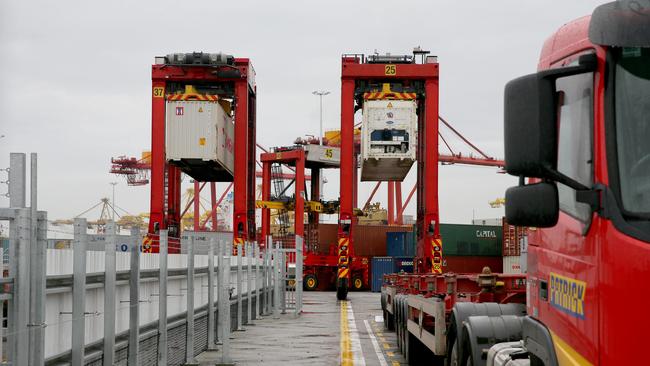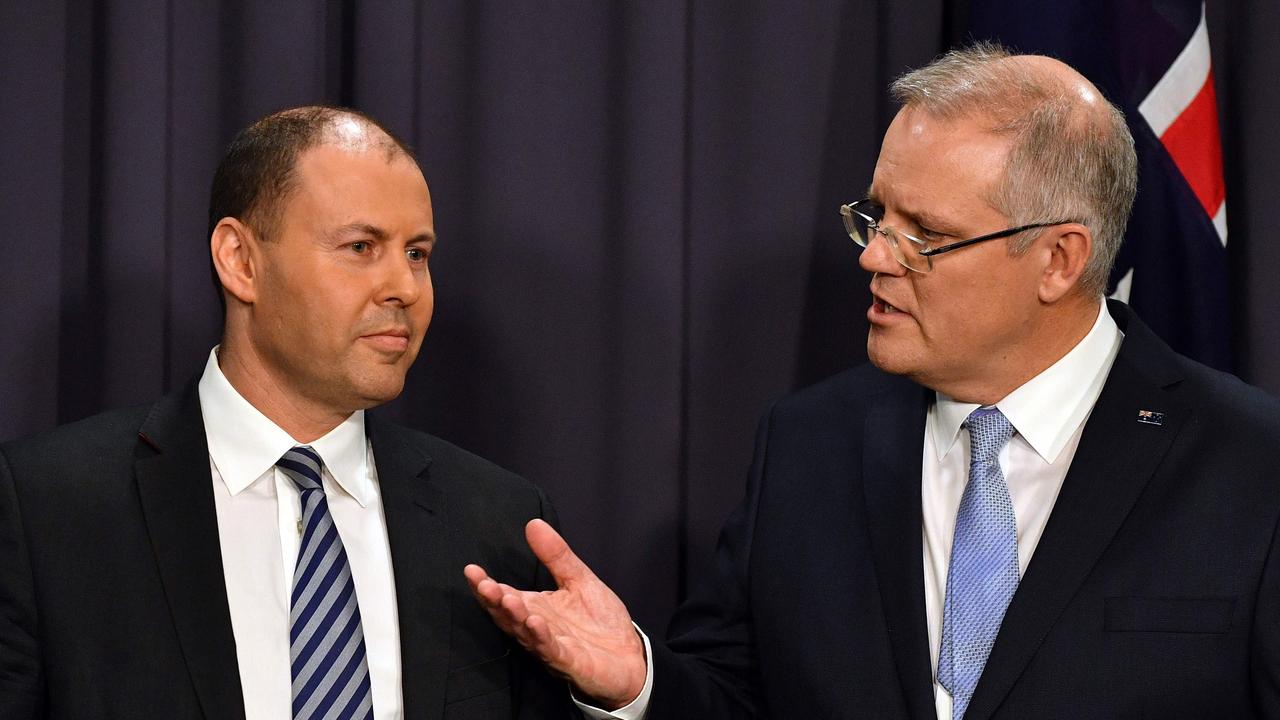Budget 2018: Container bio levy to speed airport passage
A $340 million biosecurity levy on import containers will be aimed at supporting the agricultural sector.

A $340 million biosecurity levy on all import containers into Australia will be one of the key measures in this week’s budget aimed at supporting the agricultural sector and getting visitors through airports faster.
The levy — a fraction of the cost of importing a container — will be reinvested into biosecurity measures such as better and faster detection at airports.
The Department of Agriculture currently uses a “cost recovery” model on imports to help meet detection and enforcement overheads but the money raised does not cover the entire bill. The new container levy, which would raise $340m over the forward estimates, would boost revenue for protection measures.
The charge is one of the key recommendations in an independent review of jurisdictions’ response to biosecurity chaired by Wendy Craik and received by the federal government in July last year when Barnaby Joyce held the ministry.
“Funding for the national biosecurity system should be increased by implementing a per-container levy on incoming shipping containers of $10 per twenty-foot equivalent unit and a levy of $5 on incoming air containers, effective from 1 July 2019,” the report found.
“The revenue raised by these mechanisms should be directed to those areas of the national biosecurity system that are currently most underfunded, with a priority for strengthening environmental biosecurity activities, national monitoring and surveillance activities, R&I and national communications and awareness activities.”
Tight biosecurity arrangements in Australia have the advantage of increasing the value of product as other nations around the world succumb to pests and disease outbreaks, but only as long as those same outbreaks are kept offshore.
Producers at home can sell their natural product free of chemicals that have been specifically designed to combat bugs, pests and diseases elsewhere, which allows them to fetch a premium in international markets.
“Australia continues to experience a notable, and seemingly increasing, number of incursions, reinforcing the need for constant vigilance and continuous review and reform of the national system to avoid, detect and respond to threats,” the independent review found.
In the past few years, white-spot disease has been found among prawns in Queensland and browsing ants — which hunt other ants and can form super-colonies to destroy them — was found in Darwin in 2015. In 2014-15, more than 21 million tonnes worth of goods were imported into Australia in containers.
The Australian understands a small charge worth about $20m in total will be levied on exporters — either through registration or certification — with the money raised funnelled into the government’s trade budget.



